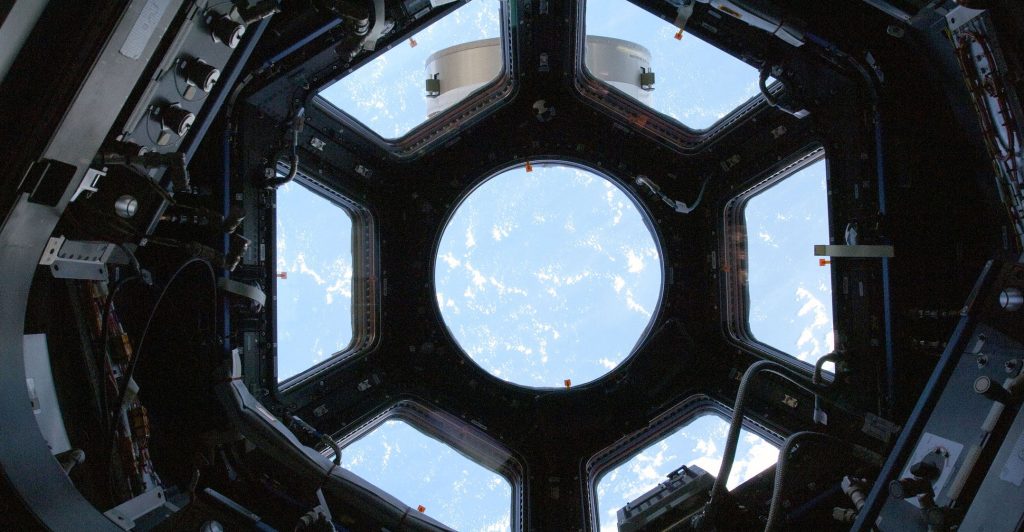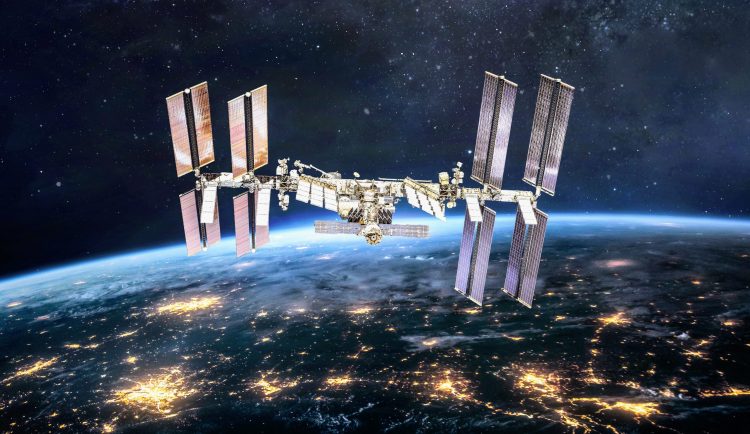In the silent expanse of the cosmos, the International Space Station (ISS) represents a pinnacle of human achievement, a testament to international collaboration and technological prowess. Yet, the recent confirmation of an air leak aboard the ISS by NASA casts a shadow of concern over this monument of human endeavor. Such an incident not only poses immediate risks to the astronauts aboard but also serves as a poignant reminder of the myriad unknown challenges that lie in the path of our celestial odyssey.
A Breach in the Sanctuary of Space
The ISS, a marvel of engineering, is now faced with a breach, a subtle yet insidious threat to its sanctity. The leak, while minute, is a harbinger of potential complications, a whisper of vulnerability in the vast silence of space. What does this mean for the safety of those within its walls and for the broader implications of long-term human habitation in space?
The Lifeline at Risk
Astronauts, those intrepid explorers of the final frontier, depend on a finely balanced cocktail of air provided by the station’s life support systems. This artificial atmosphere, rich in oxygen and scrupulously regulated for carbon dioxide levels, is their lifeline. A leak, however minor, can compromise this delicate balance, leading to hypoxia, cognitive impairment, and in dire circumstances, far graver consequences.

Earthly Echoes of a Cosmic Concern
The incident aboard the ISS mirrors the health concerns we face on Earth, where air quality is a pressing issue. The rise in air pollution has led to an increase in respiratory diseases and allergies, prompting a reevaluation of our living habits. Studies have shown that particulate matter and volatile compounds in our atmosphere pose severe health risks. Thus, maintaining good indoor air circulation, using air purifiers, and engaging in regular exercise become not just recommendations but necessities for a healthy life.
The Unseen Front: Psychological Well-being
The psychological toll of prolonged space missions cannot be discounted. The isolation and confinement experienced by astronauts can lead to loneliness and anxiety, challenges that NASA and other space agencies are now addressing through regular psychological assessments and support. This attention to mental health is crucial to ensure that astronauts can perform optimally in extreme conditions.
A Call to Earthly Inhabitants
For readers on Earth, the quest for improved health begins with an awareness of the air we breathe. Applications that monitor air quality in real-time can be valuable tools in managing our environments. A balanced diet and regular routines bolster immunity against potential health threats. Remember to consume fresh vegetables and fruits, engage in moderate exercise, and maintain a positive and relaxed mindset.
In Conclusion
The air leak on the ISS, while a specific technical issue, opens up a broader dialogue on ecological and health concerns that extend far beyond the confines of our atmosphere. Safe exploration of space rests on ensuring the well-being of its travelers. Similarly, on Earth, paying attention to air quality and mental health is key to enhancing our quality of life. In our fast-paced world, it’s essential to take a moment for ourselves, breathe in fresh air, and nurture our well-being.











































Discussion about this post